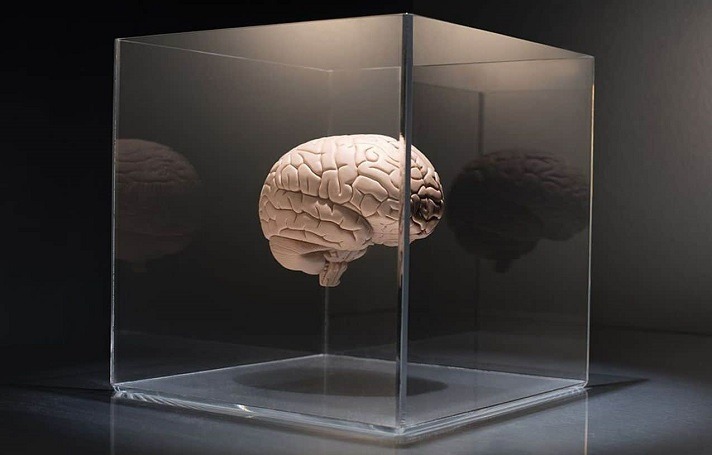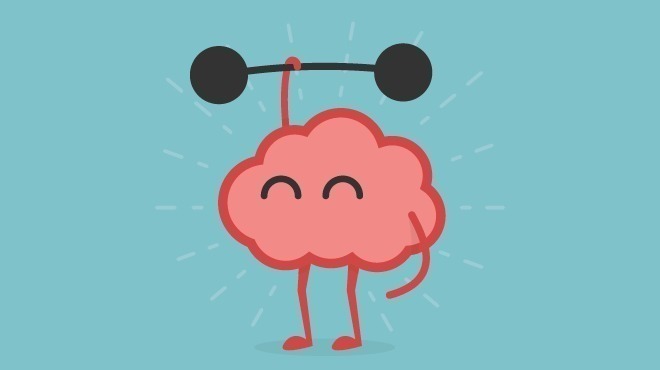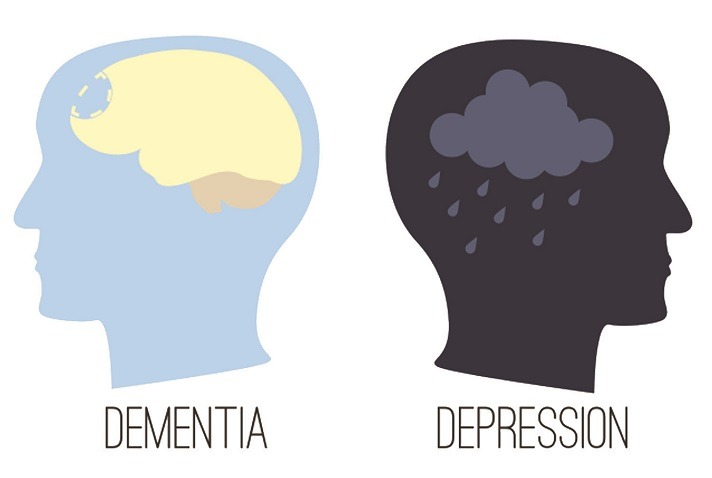Posts Tagged ‘memory’
Reading for pleasure during childhood may lead to higher brain/ cognitive development and mental well-being during adolescence
Early childhood is a critical period for brain development, which is important for boosting cognition and mental wellbeing. Good brain health at this age is directly linked to better mental heath, cognition and educational attainment in adolescence and adulthood. It can also provide resilience in times of stress. But, sadly, brain development can be hampered…
Read MoreLarge neuroimaging study finds social isolation to be an early indicator of increased dementia risk
Why do we get a buzz from being in large groups at festivals, jubilees and other public events? According to the social brain hypothesis, it’s because the human brain specifically evolved to support social interactions. Studies have shown that belonging to a group can lead to improved wellbeing and increased satisfaction with life. Unfortunately though, many…
Read MoreStudy: Education and lifestyle helped over a million older Americans avoid serious cognitive problems in 2017
Study: More U.S. seniors, especially women, retaining health brains (UPI): The percentage of older Americans reporting serious problems with memory and thinking has declined in recent years — and higher education levels may be part of the reason, a new study finds.
Read MoreDebate: Are depression and dementia two sides of the same coin? And, if they are, how to best approach treatment?
Every seven seconds, someone in the world is diagnosed with dementia. A typical case that I often see in my practice is as follows: A 76-year-old woman has a two-year history of progressive worsening of short-term memory and cognitive decline. She can’t recall the names of her grandchildren and is devastated by her deteriorating abilities.…
Read MoreOn centenarians, memory, Mars, tDCS, ADHD, digital health, beautiful brains, and more
Welcome to a new edition of SharpBrains’ e‑newsletter, featuring ten timely resources and research findings for lifelong brain and mental fitness. #1. Let’s start with a fascinating story and study :-) Study with 330 centenarians finds that cognitive decline is not inevitable … (Henne Holstege, PhD, assistant professor at Amsterdam University Medical Center) said her interest in researching…
Read MoreNeuroscientist Lisa Genova, author of the beautiful novel Still Alice, releases non-fiction book on Memory
A Neuroscientist’s Poignant Study of How We Forget Most Things in Life (The New Yorker): Any study of memory is, in the main, a study of its frailty. In “Remember,” an engrossing survey of the latest research, Lisa Genova explains that a healthy brain quickly forgets most of what passes into conscious awareness. The fragments…
Read More





